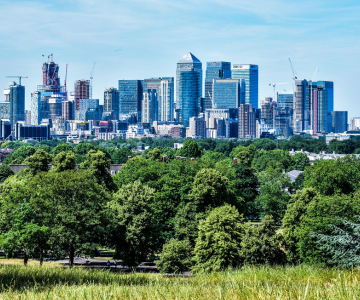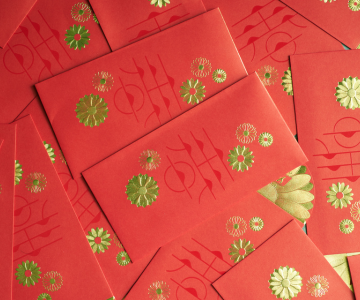
Explore Greenwich: 7 Things to Do Near Our London English Centre
Whether you’re strolling through one of the city’s oldest royal parks or perusing the stalls of Greenwich Market, here are 7 things to do between English classes – all without passing a single train barrier!


